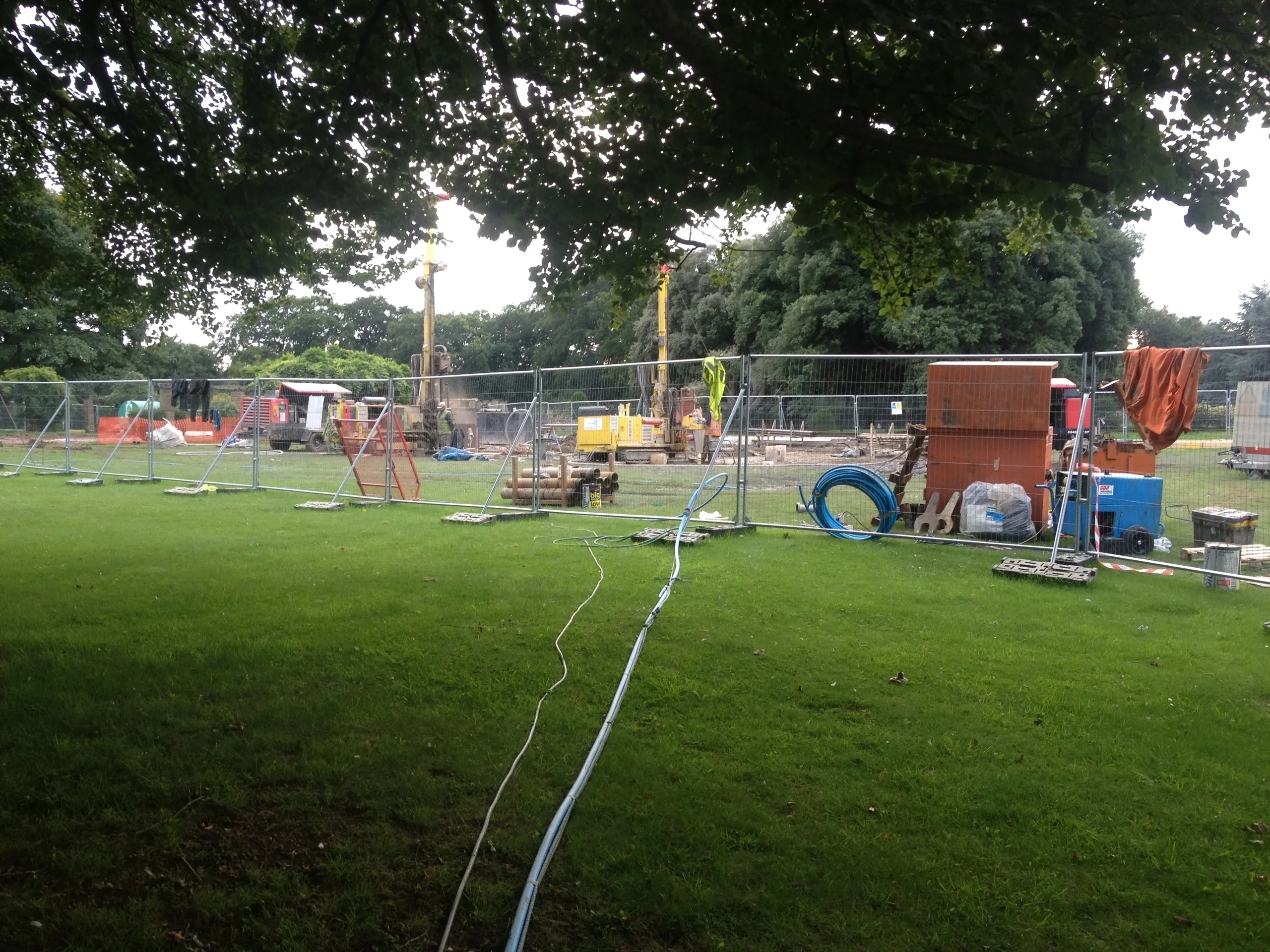
How Much Does It Cost to Drill a Borehole? The Ultimate Guide
Have you ever wondered how much it costs to drill a borehole and if it’s worth the investment? Whether you’re looking for a private water supply, exploring ground source heat pumps, or just want to save money on those increasing water bills, drilling a water borehole might be the perfect solution.
Let’s dive into what you need to know about the borehole cost, the factors involved, and how it can benefit you in the long run.
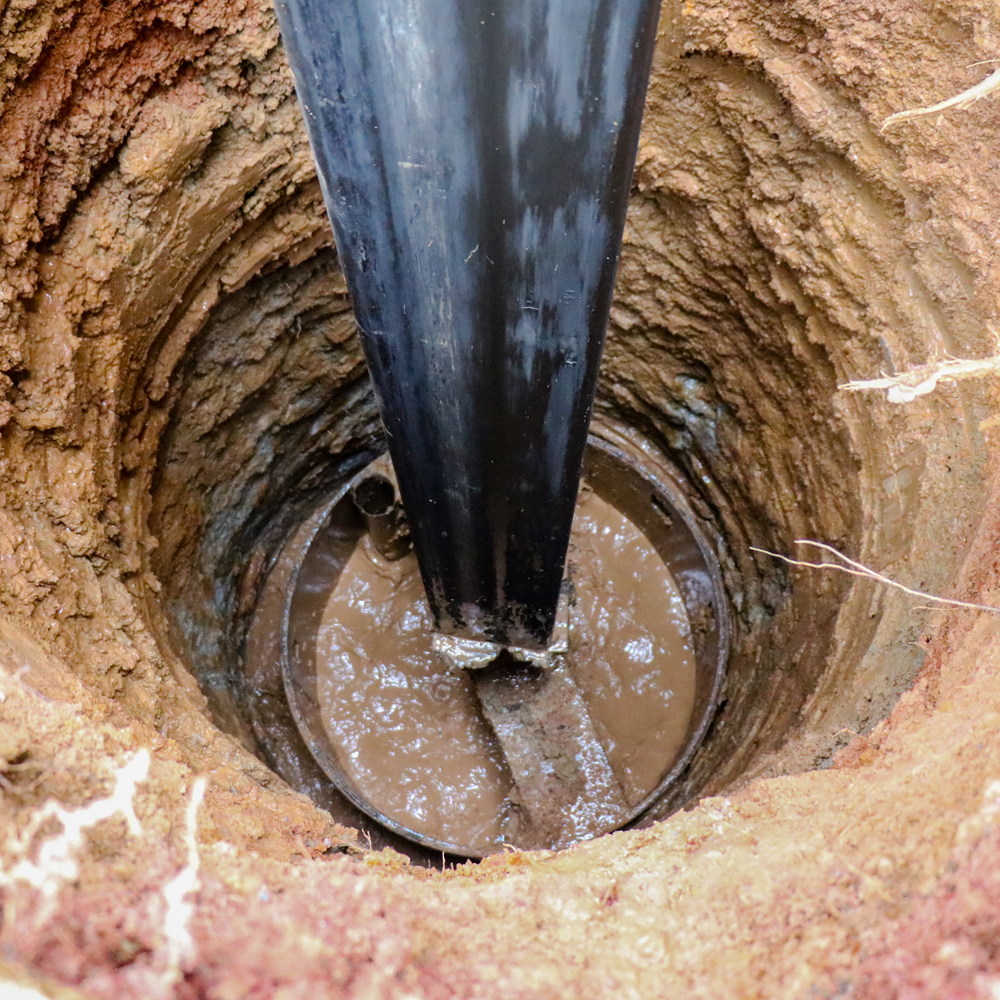
What Influences the Cost of Drilling a Borehole?
The cost to drill a borehole can vary quite a bit, depending on several key factors. On average, you’re looking at a price range of £10,000 to £15,000, but this can fluctuate based on the depth, the local geology, and the equipment required.
Let’s break down the major factors that impact borehole costs so you can get a better idea of what to expect.
1. Local Geology Matters
One of the most significant factors that affect borehole costs is the local geology of your area. Some areas have softer soil, making it easier (and cheaper) to drill. But if you’re on land with hard rock or complicated ground conditions, the price tag could go up. Drilling boreholes through tough rock requires more powerful equipment and more time, which adds to the total borehole cost.
Before you even start, it’s a good idea to carry out a survey of the ground to understand what you’re dealing with. Knowing your land’s composition helps prevent unexpected costs later on.
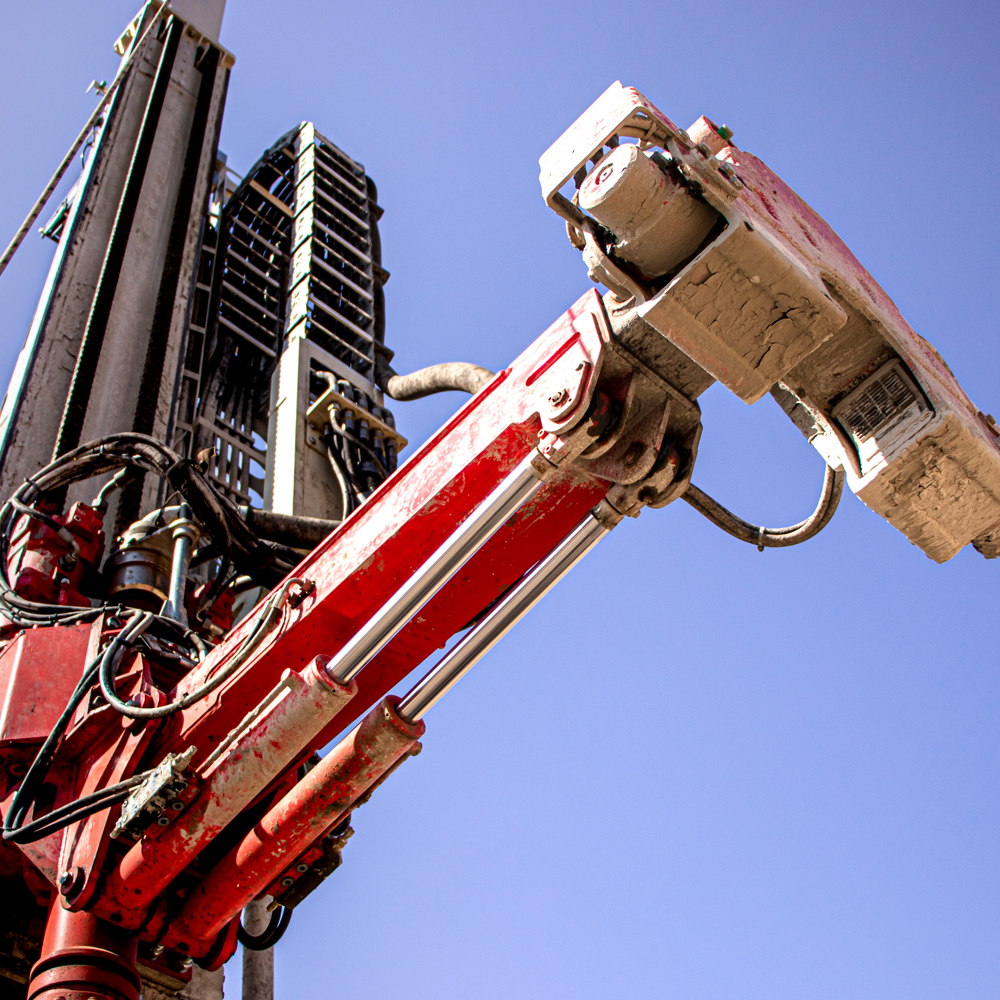
2. Borehole Depth
How deep do you need to go? The depth of the borehole is another huge factor in determining the total cost. A shallow borehole might only cost you around £10,000, but a deeper one—let’s say 100 meters deep—could push your price closer to £15,000 or more. Why? The deeper you go, the more labor and materials are needed to reach a reliable water source.
A general rule is that deeper boreholes cost more, but they’re often necessary to ensure a consistent water supply, especially if you’re planning to run a borehole water supply for drinking water or even a ground source heat pump system.
3. Drilling Equipment and Setup
The equipment used to drill the borehole also plays a part in the overall cost. Advanced machines can be more efficient, saving time, but they can also increase the price. And it’s not just about drilling – once the hole is drilled, you’ll need a submersible pump, casing, and filtration system to ensure the water quality meets standards for use.
Choosing the right borehole pumps and other equipment suited to your site conditions can help reduce running costs in the future. The last thing you want is to save a bit upfront and then have high costs later because your system wasn’t set up properly.
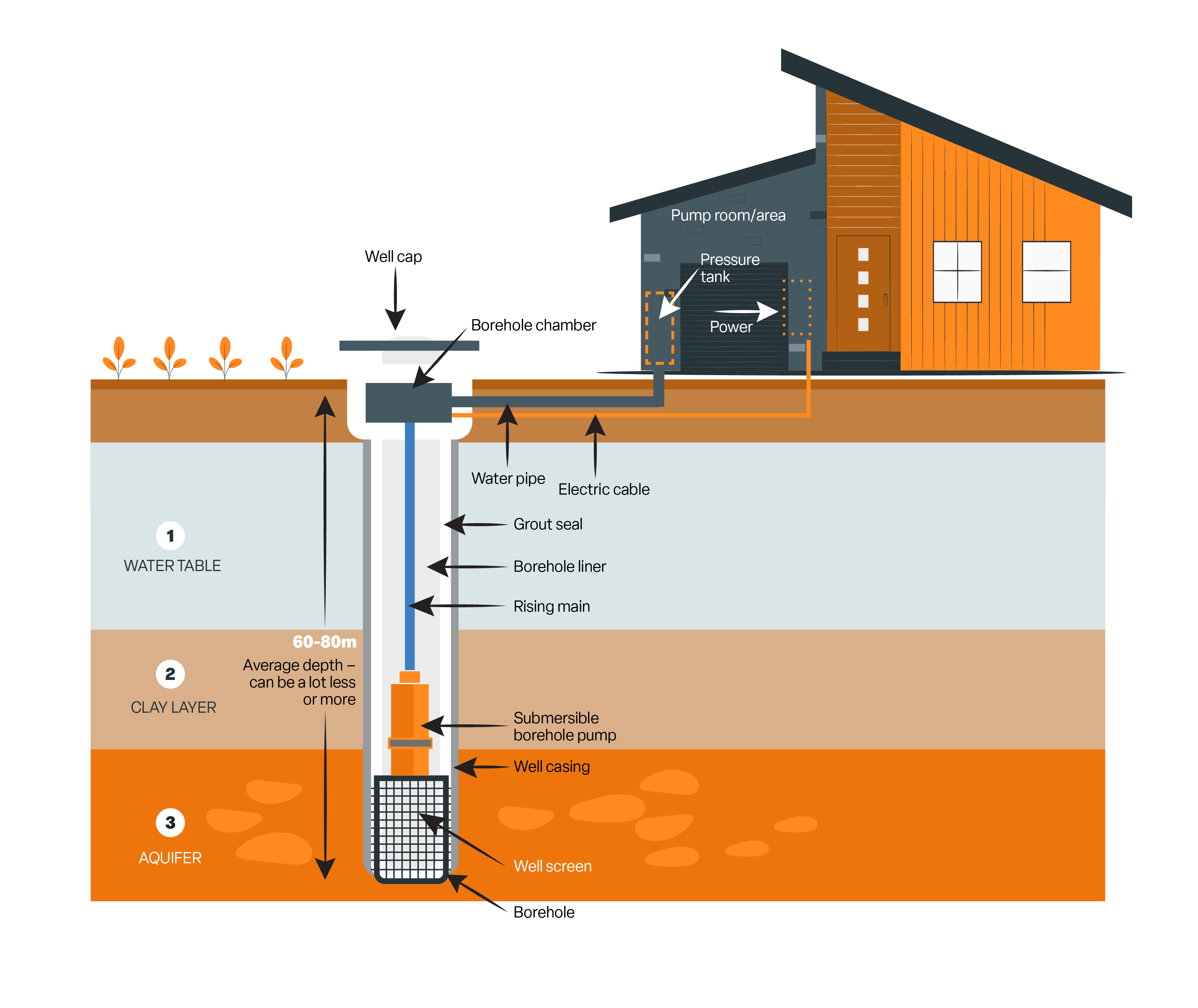
What’s the Average Cost to Drill a Borehole?
Now that we’ve covered the factors that impact cost, let’s talk numbers. In 2023, the typical cost to drill a water borehole in the UK ranges from £10,000 to £15,000 for most homes. This includes the drilling, borehole pumps, and basic installation.
Of course, there are extras to consider. If you need a deeper borehole, you might be looking at closer to £20,000 or more. Additionally, don’t forget the potential costs of water testing, ongoing regular maintenance, and energy to run the pump.
Installation and Additional Costs
Aside from drilling, there are other expenses to think about. You’ll need to install a submersible pump, which could cost around £3,000 depending on the setup. You’ll also want to budget for things like filtration, water testing, and even a site assessment before drilling begins.
For example, a standard water borehole might require an initial geological survey to determine the best spot to drill. If the survey shows complications like a need for deeper drilling or additional equipment, this can push up the total cost.
To keep things smooth, it’s always a good idea to get detailed quotes from multiple borehole drilling companies before making a decision. This ensures you won’t face any surprise costs down the road.
Long-Term Savings: Why Drilling a Borehole Can Save You Money

One of the biggest perks of having a borehole water supply is how much money it can save you in the long run. Imagine saying goodbye to those monthly water bills! By switching to your own private water supply, you’re no longer paying for mains water.
Over time, those savings can add up. If your water usage is high—whether it’s for drinking, gardening, or even a small business—you could recoup your investment in a matter of years. Plus, properties with a borehole often see an increase in property value, making it a smart long-term investment.
Other Benefits of Boreholes
Beyond just saving money, water boreholes come with other benefits:
-
Independence: You have access to your own water supply, which can be particularly handy during dry periods when public water sources might be restricted.
-
Better Water Quality : Borehole water is often cleaner and requires less treatment than mains water. However, regular water testing is essential to maintain water quality and ensure no contaminants sneak in.
-
Eco-Friendly: Using groundwater from a borehole reduces the demand on public water supplies, making it an environmentally friendly choice.
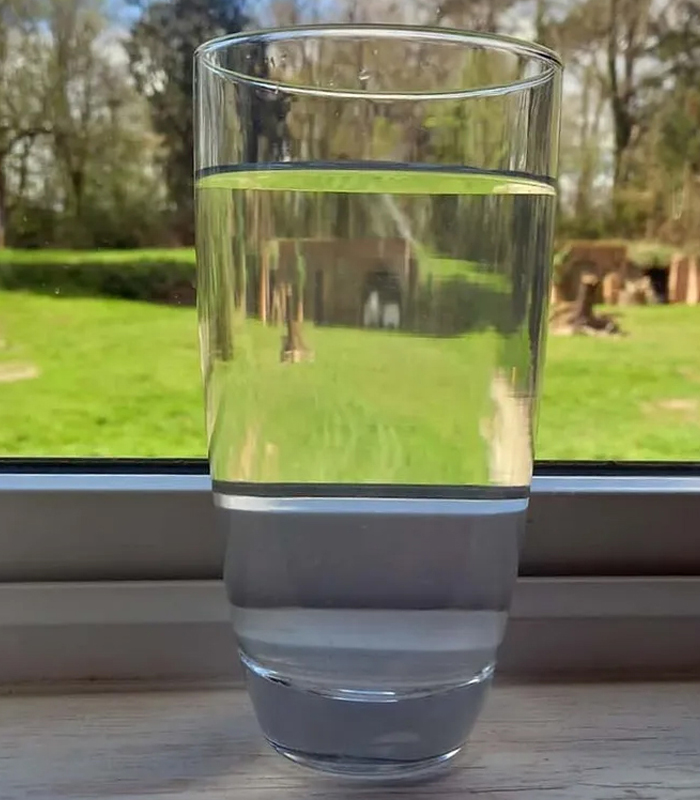
What About Ground Source Heat Pumps?
If you’re thinking about going even greener, ground source heat pumps are another reason to consider a borehole. These systems use the ground to extract heat, providing an energy-efficient way to warm your home. The good news is that if you’re already drilling a borehole for water, you could combine it with a ground source heat pump system to maximize your investment.
While the installation cost might be higher, the energy savings over the years can help offset this, and you’ll have a dual-purpose borehole that serves both your water and heat needs.
Legal and Regulatory Considerations
Before you start drilling, there are some legal hoops to jump through. For instance, if you’re extracting more than 20,000 litres of water a day, you’ll need an abstraction licence from the Environment Agency. It’s important to check local regulations and get all the necessary permissions in place before you start your project.
Ongoing Maintenance and Running Costs

Once your borehole is up and running, the ongoing running costs are pretty minimal. You’ll likely spend around £150 a year for the electricity to run the pumps, and maybe a bit more for occasional maintenance or water testing.
Routine checks help ensure your borehole keeps running smoothly and avoids costly repairs down the line. With proper care, a borehole can provide you with water for many years, giving you peace of mind and steady water costs.
Conclusion: Is Drilling a Borehole Worth It?
In short, yes! While the initial cost of drilling a borehole might seem steep, the long-term savings on water bills, increased property value, and the benefits of having a reliable, eco-friendly water source make it a worthwhile investment. Plus, if you pair it with a ground source heat pump, you can save even more on energy.
If you’re ready to save money, gain access to your own private water supply, and even do your part for the environment, drilling a borehole could be the perfect solution for your property. Just be sure to factor in all the costs, from drilling to maintenance, and you’ll be set for many years of worry-free water.
